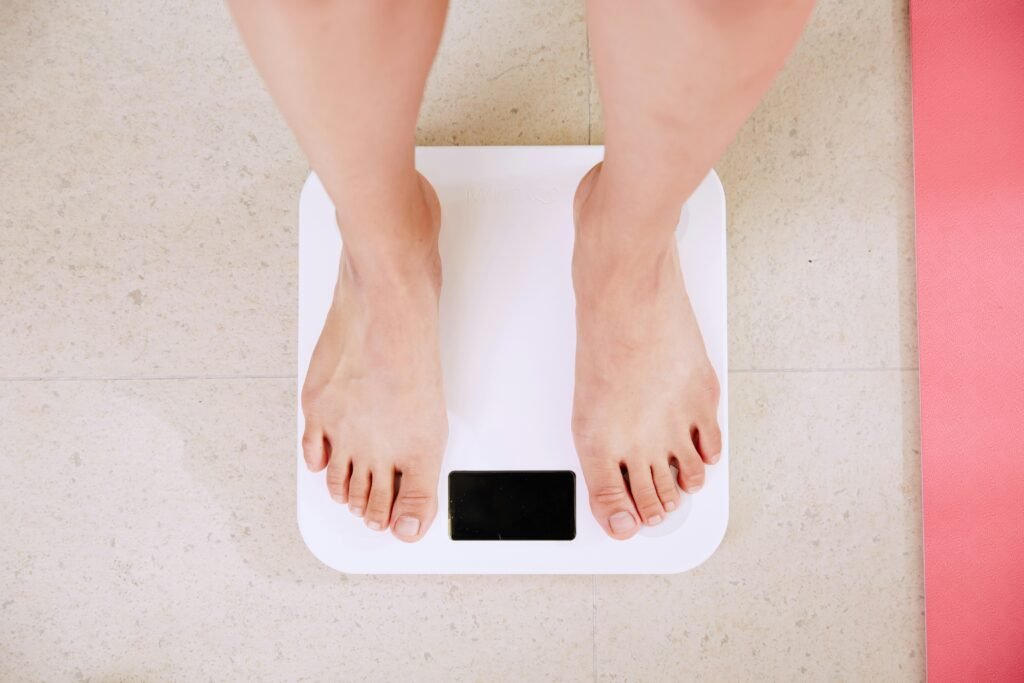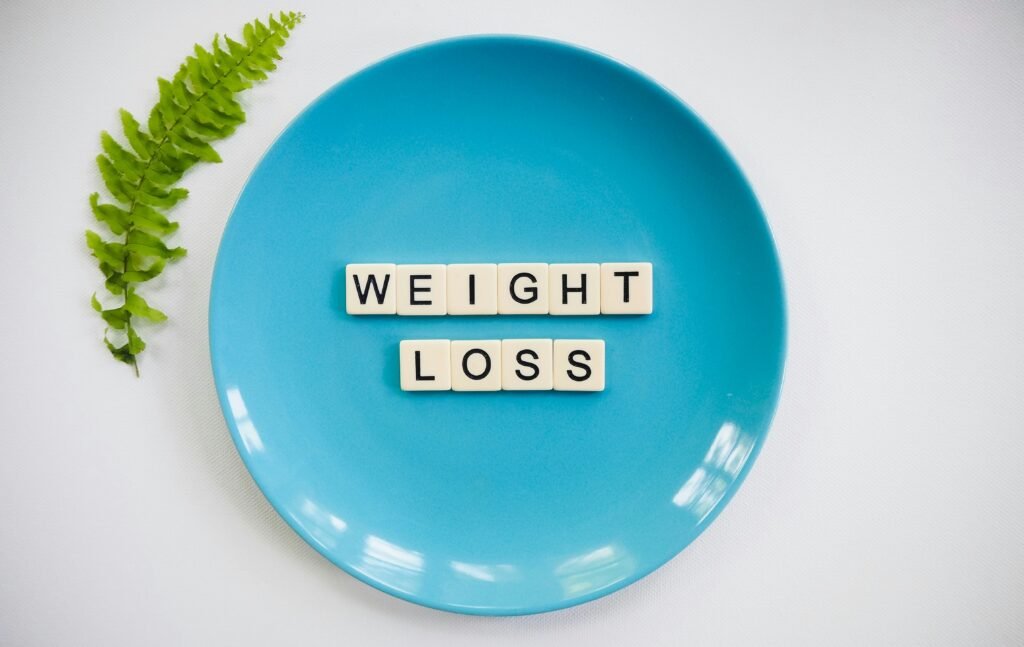Have you ever wondered what the best approach to weight management is, especially if you’re over 40? As we transition through different stages in life, our bodies undergo various changes, and when it comes to weight loss, this can be particularly challenging. Many women find themselves considering different options, including diet pills. This article will provide you with a comprehensive overview of diet pills for women over 40.

Table of Contents
ToggleUnderstanding Weight Gain After 40
As you reach your 40s, you may notice that maintaining your weight becomes increasingly difficult. Various factors contribute to this change, such as hormonal shifts, metabolism slowdown, and lifestyle adjustments. Knowing how these factors interact is essential when considering diet pills for women over 40 as part of your weight management strategy.
Hormonal Changes and Weight
When you hit your 40s, your body starts preparing for menopause. This leads to fluctuations in hormones like estrogen and progesterone, which can affect body composition and fat distribution. Women often experience weight gain around the abdomen during this phase. Understanding this hormonal shift can help you make informed decisions about weight loss strategies.
Slower Metabolism
Your metabolism naturally slows down as you age. This means your body burns calories less efficiently than it did in your 20s or 30s. Pair this with an often busier lifestyle, where finding time for physical activity becomes more challenging, and it’s easy to see why weight gain is a common issue for women in this age group.
Lifestyle Factors
Other lifestyle factors, such as stress, lack of sleep, and dietary choices, can also lead to weight gain. Managing stress levels and establishing a consistent sleep schedule can make a significant difference in your overall wellness. Considering these factors is crucial when you think about incorporating diet pills into your routine.
Types of Diet Pills For Women Over 40
There are various types of diet pills available on the market, each designed with different mechanisms to promote weight loss. Understanding these types can help you determine which may be more suitable for your needs.
Appetite Suppressants
Appetite suppressants work by reducing your hunger levels, which may help you consume fewer calories. Some common ingredients in these pills include:
| Ingredient | Description |
|---|---|
| Phentermine | A prescription medication that can decrease appetite. |
| Garcinia Cambogia | A natural extract that may help reduce hunger. |
| Glucomannan | A natural fiber that expands in your stomach, promoting fullness. |
If you’re someone who struggles with cravings and portion control, appetite suppressants might be a good fit for you.
Fat Blockers
Fat blockers help prevent your body from absorbing dietary fat. When you consume a meal high in fat, fat blockers can interfere with the digestive process, leading to fewer calories being absorbed. Common fat blockers include:
| Ingredient | Description |
|---|---|
| Orlistat | A prescription medication that inhibits fat absorption. |
| Chitosan | A fiber derived from shellfish that can help reduce fat uptake. |
These might be beneficial if you’re looking to indulge in richer foods occasionally without the typical calorie impact.
Metabolism Boosters
Metabolism boosters aim to increase your metabolic rate, helping you burn more calories throughout the day. Ingredients often found in these pills include:
| Ingredient | Description |
|---|---|
| Caffeine | A stimulant that can enhance calorie burning. |
| Green Tea Extract | Contains catechins that may boost metabolism. |
| Capsaicin | Found in chili peppers, can increase energy expenditure. |
If you’re hoping to rev up your metabolism, these types of diet pills could help.
Combination Pills
Some diet pills combine multiple mechanisms, such as appetite suppression and metabolism boosting, to provide a more comprehensive approach to weight loss. Depending on your individual needs, combination pills might be the way to go.
Considerations Before Using Diet Pills for Women Over 40
While diet pills can be helpful, it’s important to approach them with caution. Certain considerations should guide your decision-making process.
Consult Your Healthcare Provider
Before starting any new supplement or medication, a chat with your healthcare provider is crucial. They can help you assess your health status, medication interactions, and potential side effects.
Side Effects and Risks
Like any medication or supplement, diet pills can come with side effects. Common side effects may include:
- Nausea
- Insomnia
- Digestive issues
- Elevated heart rate
Knowing what to expect can help you make an informed choice about these pills.
Lifestyle Changes
While diet pills might provide assistance, they’re not a magic solution. Incorporating healthy lifestyle changes is essential for sustainable weight loss. This may include a balanced diet, regular physical activity, and adequate hydration.
Choosing the Right Diet Pill for Women Over 40
Selecting the most suitable diet pill can feel overwhelming, given the vast array of options available. Here are some tips to help you navigate this journey.
Identify Your Weight Loss Goals
Before choosing a diet pill, consider your specific weight loss goals. Are you looking to lose a significant amount of weight, or do you just want to maintain your current weight? Knowing this will help you choose the right type of pill.
Research Ingredients
Take the time to research the ingredients in any diet pill you consider. Understanding how each ingredient works can give you better insight into its effectiveness and safety.
Read Reviews and Testimonials
Looking at other women’s experiences can offer valuable insight. Online reviews and testimonials can give you a glimpse into how well different pills have worked for others in your situation.
Start with a Trial
If possible, look for diet pills that offer a trial period or a money-back guarantee. This way, you can try the product without a long-term commitment.

Dietary Approaches to Support Weight Loss
Including diet pills in your routine is just one part of the equation. Focusing on a balanced diet is equally important for achieving your weight loss goals, especially after 40. Here are some dietary approaches to support your journey.
Balanced Nutrition
Aim for a diet rich in whole foods, including:
- Fruits and Vegetables: These are packed with nutrients and can help you feel full with fewer calories.
- Lean Proteins: Foods like chicken, fish, beans, and tofu can support muscle maintenance as you age.
- Whole Grains: Opt for brown rice, quinoa, and oats instead of refined grains, as they keep you satisfied longer.
Controlled Portions
Portion control becomes more important as your metabolism slows. Using smaller plates, measuring serving sizes, and paying attention to hunger cues can aid in managing caloric intake.
Hydration Matters
Drinking enough water is essential for overall health and can support weight loss efforts. Sometimes, our bodies can mistake thirst for hunger, leading to unnecessary snacking.
Mindful Eating
Practicing mindful eating can help you develop a healthier relationship with food. This involves paying attention to what you eat, savoring each bite, and listening to your body’s hunger and fullness signals.
The Importance of Exercise
No weight loss strategy is complete without incorporating physical activity into your routine. As you age, exercise becomes even more critical for maintaining health and wellness.
Types of Exercise to Consider
When choosing exercises, consider a balanced approach that includes:
- Cardiovascular Activities: Walking, cycling, and swimming can boost heart health and burn calories.
- Strength Training: Lifting weights or using resistance bands can help build muscle, which is crucial for maintaining metabolic rate.
- Flexibility and Balance: Yoga and pilates can enhance flexibility and balance, reducing the risk of falls as you age.
Finding Activities You Enjoy
It’s essential to choose activities that you find enjoyable. Exercise shouldn’t feel like a chore. Whether it’s dancing, hiking, or joining a community class, finding joy in movement will help you stay consistent.

Supplements Beyond Diet Pills
While diet pills may offer some assistance, there are other supplements and products you can consider to support your weight loss journey:
Fiber Supplements
Fiber can help you feel fuller for longer. Supplements like psyllium husk may aid digestion and improve gut health, making it easier for you to manage your weight.
Protein Powders
Incorporating protein into your diet can support muscle maintenance, especially during weight loss. A high-quality protein powder can help you achieve your daily requirements more conveniently.
Multivitamins
As you age, your nutritional needs may change. A daily multivitamin could assist in filling any gaps in your diet, supporting your overall health and well-being.
The Role of Support Systems
Having a strong support system can make all the difference in your weight loss journey. Engaging with friends, family, or support groups can provide motivation and accountability. Sharing your goals and challenges can help you stay on track and feel less alone in your journey.
Finding the Right Community
Consider looking for local or online groups focused on weight loss or health. Whether it’s a walking group or a nutrition-focused online community, connecting with like-minded individuals can enhance your experience.
Seeking Professional Guidance
If you find yourself struggling, working with a registered dietitian or personal trainer can offer tailored advice and strategies specific to your needs. These professionals can provide personalized meal plans, workout regimens, and ongoing support.
Making Weight Management Sustainable
Ultimately, the goal is to create a sustainable weight management plan that works for your lifestyle. Diet pills might play a role in your strategy, but they should be used in conjunction with healthy eating, regular exercise, and mindful practices.
Monitoring Your Progress
Keeping track of your progress can help you stay motivated. Consider using a journal or mobile app to log your food intake, exercise, and feelings about your journey. This self-reflection can provide insights into what works for you and what may need adjustment.
Adjusting Your Routine
As life circumstances change, be open to adjusting your weight management routine. What worked at one stage may need revision later. Staying flexible and open-minded will help you navigate the ups and downs of your weight journey.
Embracing the Journey
Finally, remind yourself that weight management is just one aspect of your overall health. Embrace the journey, celebrate your achievements, and focus on the positive changes you’re making. You are worthy of a healthy and fulfilling life, no matter your age.
Conclusion
Navigating weight management after 40 can present a unique set of challenges, but armed with the right information, you can approach it with confidence. Consider the various types of diet pills for women over 40 available, making sure to consult with your healthcare provider as you explore options. Remember to balance supplements with a healthy diet, exercise, and supportive communities. With a thoughtful approach, you can achieve your weight loss goals and embrace this new chapter of your life with vitality and joy.

